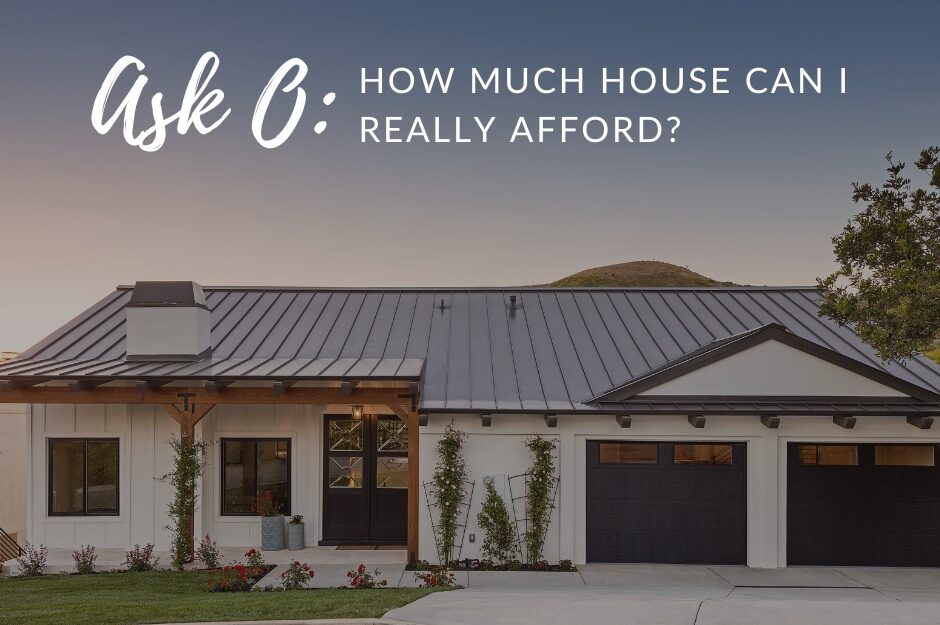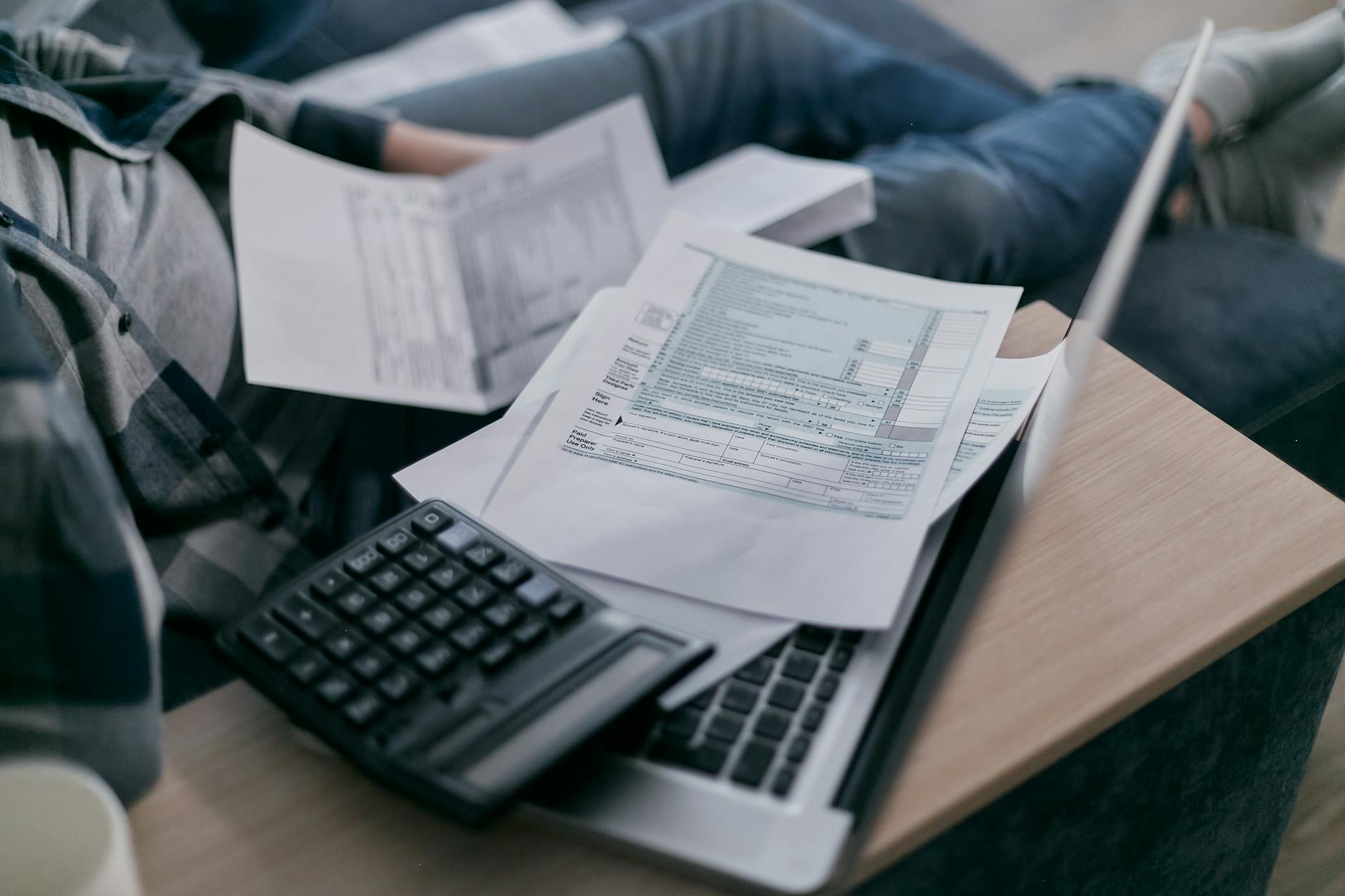
Dear Olivia,
I’m ready to buy a house, but I’m not sure how much I can afford. Can you give me some guidance?
Sincerely,
Eager to Buy
Buying a home is one of the biggest financial decisions you’ll ever make—and it’s easy to get swept up in browsing listings and dreaming about your future kitchen island. But before you fall in love with a home that’s out of your price range, it’s essential to figure out exactly how much house you can comfortably afford. So, let’s break it down so you can move forward with confidence!
Start With Your Monthly Budget
The first step in determining how much home you can afford is taking a good, honest look at your monthly finances. A common rule of thumb is to keep your total housing costs—mortgage, property taxes, homeowners insurance, HOA fees, and even basic maintenance—at or below 28% to 30% of your gross monthly income.
For example, if your household brings in $6,000 per month before taxes, aim for a total monthly housing cost of around $1,800. This helps ensure you’re not stretching yourself too thin. Online mortgage affordability calculators can be a great tool, but remember, they’re just a starting point. Your personal comfort level matters just as much as the math, so be sure to consider what monthly payment you are prepared to pay and what you’re comfortable paying.
Life happens—roofs leak, cars break down, and surprise expenses pop up when you least expect them. That’s why it’s smart to leave some breathing room in your budget. Don’t max yourself out just because a lender approves you for a higher amount. Ideally, you’ll still have an emergency fund in place after you close on your home.
Know What Lenders Look At

Even if you’ve set your own budget, it’s important to understand how lenders determine how much they’re willing to let you borrow. The main factor? Your debt-to-income ratio (DTI). Many lenders look for a DTI of 43% or less, though 36% or lower is ideal.
DTI includes all of your monthly debt obligations—credit cards, auto loans, student loans, and the projected mortgage payment. So if you’re already juggling debt, that can impact the size of loan you qualify for. Lenders will also take into account your credit score, income stability, and employment history. The better your financial picture, the more flexibility you’ll have.
Don’t Forget the Down Payment and Upfront Costs
While you’ve probably heard you need 20% down to buy a home, that’s not always the case. Many loan programs, such as FHA and VA loans, offer low or even no down payment options. That said, the more you can put down, the lower your monthly payments will be—and the less you’ll pay in interest over time.
Don’t overlook additional upfront costs, like closing costs (typically 2–5% of the home’s purchase price), home inspections, and moving expenses. These can add up quickly, so be sure to include them in your overall budget.
At the end of the day, the goal isn’t just to buy a house—it’s to buy a house you can enjoy without financial stress. By understanding your true budget and planning ahead, you’ll be in a stronger position when it’s time to start house hunting. Have questions or want to get started? I’m here to help you find a home that fits your lifestyle and your budget. Contact me at 307-856-3999 to get the ball rolling!
~Olivia
